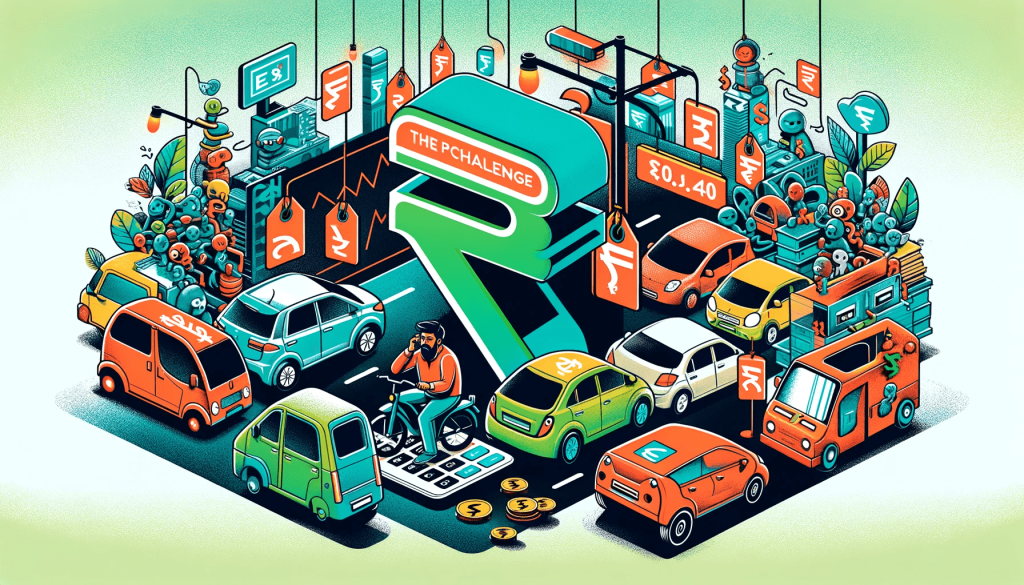
The electric vehicle (EV) market in India is poised at a critical juncture. With the increasing emphasis on reducing carbon emissions and the push for cleaner energy sources, EVs are gaining attention as a sustainable alternative to conventional vehicles. However, a key challenge that stands in the way of widespread EV adoption in India is the cost factor.
The Cost Barrier in EV Adoption
The pricing of EVs has been a significant barrier to their widespread adoption in India. As of 2019, EVs cost about 40% to 80% higher than their conventional counterparts. This price disparity is particularly pronounced in the Indian market, where the majority of the population is cost-sensitive. The high upfront cost of EVs is mainly due to the expensive batteries, which constitute a substantial portion of the total vehicle cost.
Performance and Running Costs – A Mixed Bag
While EVs score high on certain aspects like low running costs and environmental friendliness, they fall short in performance parameters crucial for the Indian consumer. The key pain points include long charging times and limited range per charge, which hinder their practicality, especially for long-distance travel. However, EVs do excel in areas like pickup speed and noiseless operation, which are appealing features for urban commuters.
A Look at the EV Value Chain and Opportunities
To address these challenges and capitalize on the opportunities within the EV market, it’s essential to evaluate the components of the EV value chain. This approach involves assessing growth potential, characteristics of each component (such as investments required, competition), and requirements for success. By understanding the value chain, businesses can identify areas where they can contribute and benefit, considering the estimated growth potential for 2020-2030 and beyond.
Net Zero by Narsi
Insights and interactions on climate action by Narasimhan Santhanam, Director - EAI
View full playlistFor instance, advancements in battery technology and charging infrastructure are areas ripe for investment, which could significantly bring down the cost of EVs and improve their performance metrics. As the core technologies for EVs are developed mainly outside the country, there are ample opportunities for indigenous development and innovation.
The Road Ahead
Looking towards the future, it’s expected that by 2025, most of the key challenges hindering the growth of EVs will be addressed, paving the way for more affordable and efficient electric vehicles in India. This transition period presents a window of opportunity for businesses and policymakers to collaborate and innovate, ensuring that EVs become a viable option for a larger segment of the Indian market.
In conclusion, while the high cost and performance issues currently impede the widespread adoption of EVs in India, understanding and strategically investing in the EV value chain can unlock significant opportunities. With concerted efforts towards innovation and infrastructure development, the EV market in India has the potential to overcome these challenges, making electric vehicles an accessible and practical choice for the Indian consumer.





 Our specialty focus areas include
Our specialty focus areas include




